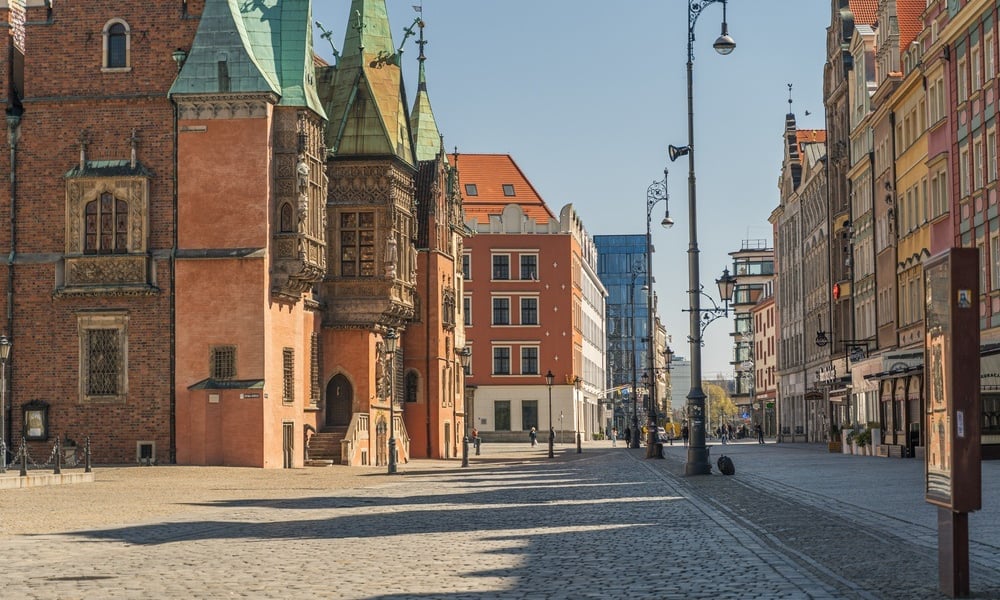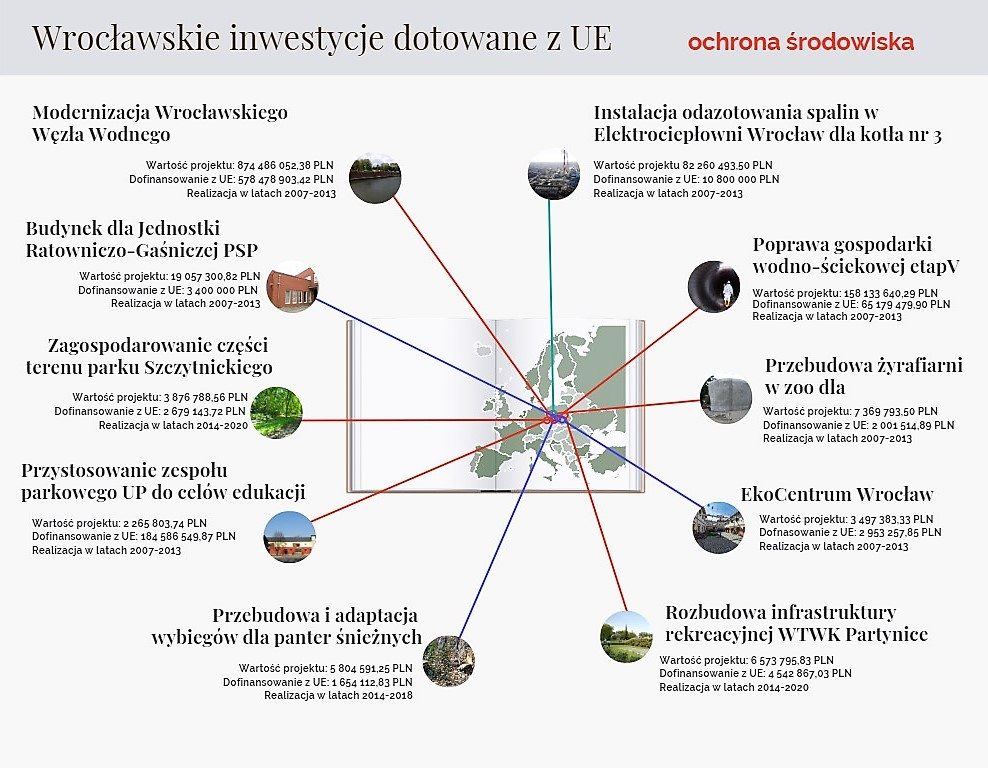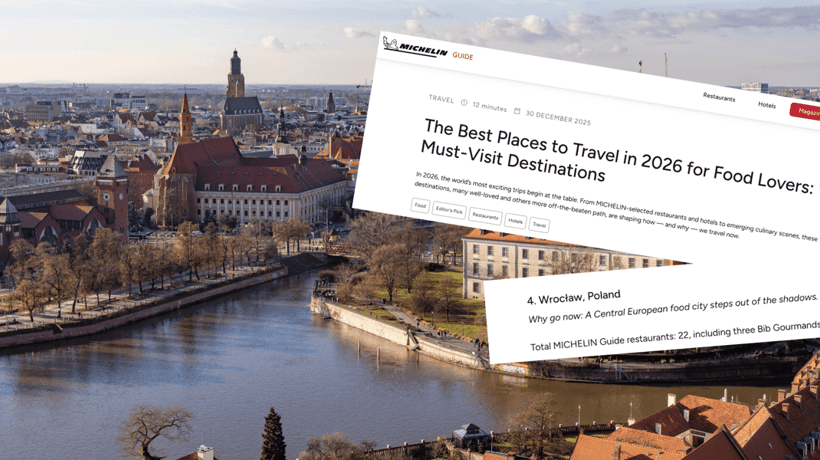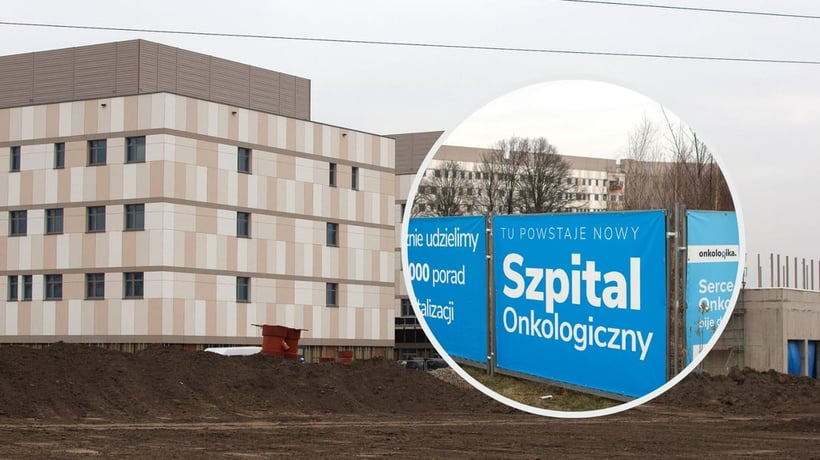The projects that have been completed or are still under performance with the use of EU funds include the construction of the National Forum of Music or the reconstruction of the Capitol Music Theatre. Also the Euro 2012 infrastructure was built thanks to considerable financial aid from the EU.
Read also: #10Yearschallenge: how Wroclaw has changed
Equally important are public transport investments, including the construction of the Bus-Tram Route or the expansion of an Integrated Rail Transport System in Wroclaw, as well as hundreds of social projects regarding education or social inclusion.
EU funding necessary
‘It would be much more difficult to pursue these projects without EU funding,’ says Dorota Olearnik, Director of the Fund Management Department of the Wroclaw City Office. ‘The knowledge about the future budget of the European Union is also one of the bases for planning further municipal investments.’
According to current knowledge, the amount of negotiated funds for the Multi-Annual Financial Framework 2021–2027 is 1,074.3 billiard EUR. Within this sum, the amount to be allocated for Poland is 66.4 billiard EUR. Information about the qualification of Lower Silesia as a transition region was also confirmed. This means that the maximum level of financial aid for such areas will amount to 70%, not 55% according to original conceptions.
It is also known that the Reconstruction Fund will amount to 750 billiard EUR, of which Poland should receive 57.3 billiard EUR under the Recovery and Resilience Facility (RRF) and around 2 billiard EUR under the ReactEU facility. So, altogether, Poland could receive a subsidy of around 125 billiard EUR in the financial perspective 2021–2027.
Wroclaw’s goals fit into the EU's priorities
The main thematic goals and priorities of the European Commission that it will follow in the division of the allocation are already known.
‘It is important that many tasks planned in our new budget fit into the EU’s goals,’ says Dorota Olearnik. ‘They include, for example, low-emission transport or digital transformation investments. This means that we can prepare our projects already now with a view to their future alignment with specific EU guidelines.
Initial project file cards for the emerging Regional Operational Programme of the Lower Silesia Province 2021–2027 have already been submitted to the Marshal’s Office of the Lower Silesia Province. Among many needs, projects consistent with the Green Deal for Europe policy have been reported: the expansion of the low- and zero-emission transport fleet and numerous thermomodernisation and waste management projects.
In addition, Wroclaw has reported two large projects as proposals for the National Reconstruction Programme being established within the Reconstruction Fund. The first one concerns the construction of school and kindergarten facilities and the reinforcement of professional and personal competences of caretakers. The second one is an infrastructural project consistent with the Green Deal for Europe policy, which assumes investments in sustainable transport and the liquidation of low emission. The city’s plan include also numerous projects supporting excluded persons and persons endangered with exclusion and improving the living conditions of disabled persons.
The blockade of the EU budget means the end of rapid development
‘If the budget of the European Union is blocked, part of planned projects could not be implemented within the planned time-limit,’ says Dorota Olearnik. ‘A change of priorities will be necessary. We will be able to carry out only few of the many important investments. Wroclaw inhabitants will have to wait for other investments for a number of successive years, even though their implementation could start much sooner with the EU’s financial aid.
Failure to approve the European Union by the end of the year will lead to the situation when the provisional twelfths system will be put into operation. This means that 1/12 of the budget allocated for the year 2020 will be paid every month in 2021, and these funds will be spent only on current administrative work, payments under projects in progress and farm subsidies. This actually means the lack of funds for new investments and for projects in progress for which supplementary funding could be provided under ReactEU (part of the Reconstruction Fund), the eligibility of which has run since February 2020.
‘Unfortunately, the blockade of the Reconstruction Fund means the loss of an opportunity for the entire country to receive a financial injection aimed at the restoration of economy after the crisis caused by the COVID-19 pandemic,’ adds Dorota Olearnik.








